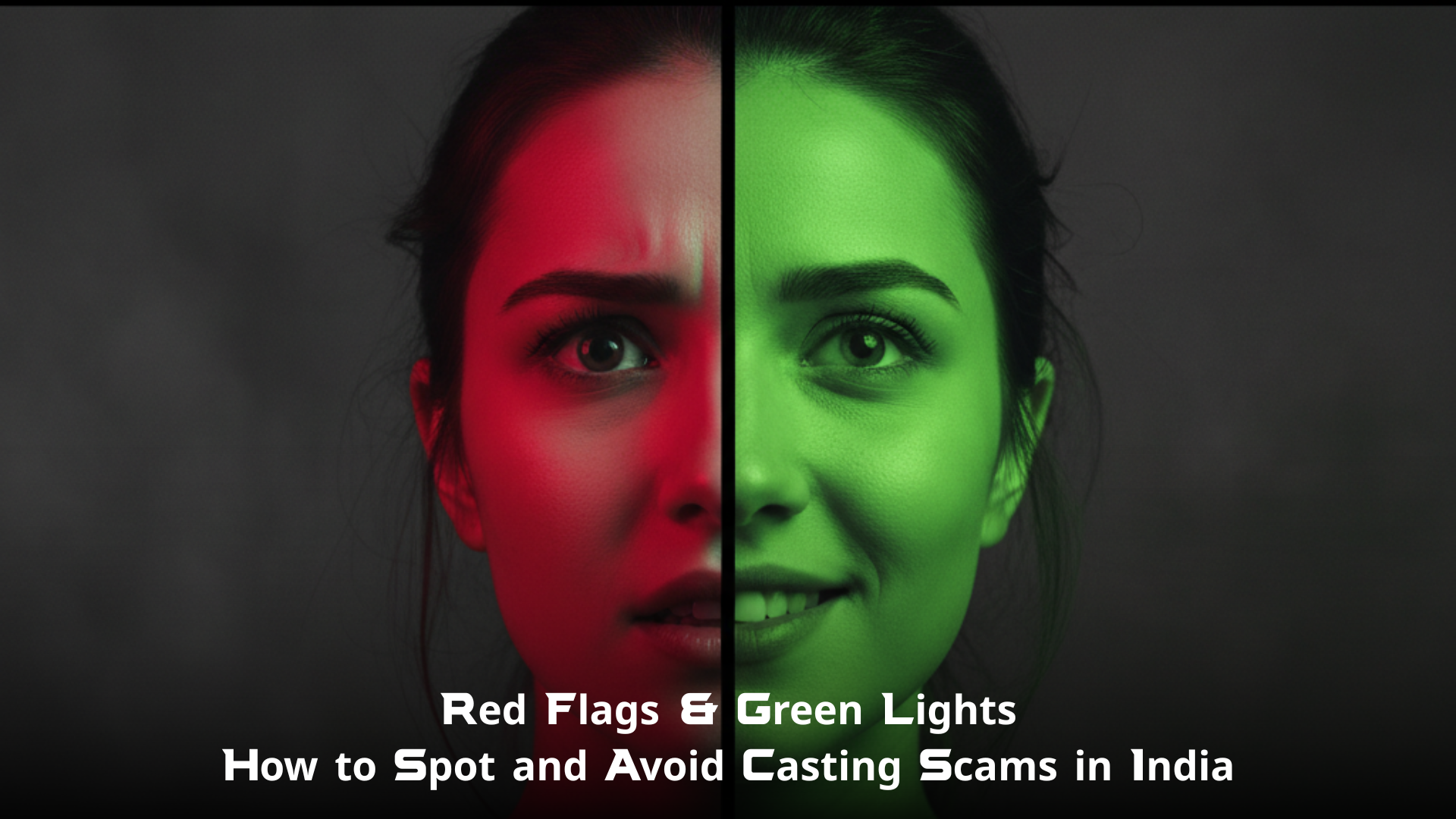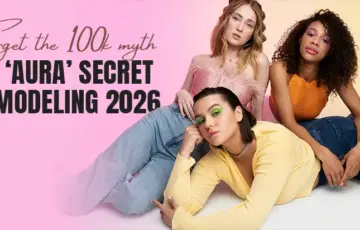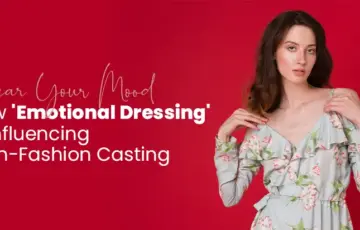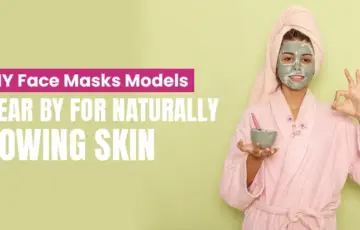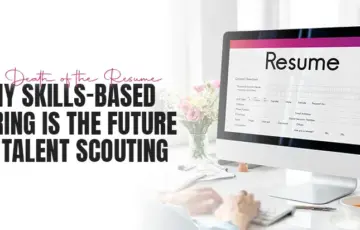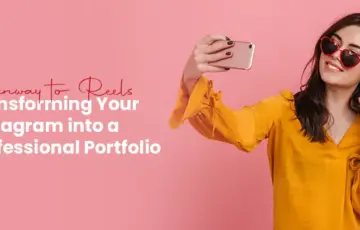Let’s be honest. We all came to this city with a dream, didn’t we? A dream of seeing our name on the silver screen, of living a life filled with creativity and passion. But for every story of a star being born, there’s a nightmare lurking in the shadows that nobody likes to talk about: the pervasive and predatory world of casting scams.
You think it’s just one or two bad people? Think again. This is a full-fledged business built on our hopes, a sophisticated industry designed to prey on newcomers. From fake auditions that steal your money to schemes that put you in real danger, these fraudulent schemes can shatter your spirit. At Dazzlerr, we believe your talent deserves a safe passage. This guide is your shield. We’re going to break down how these scams work, give you a definitive checklist of red flags to watch for, and highlight the green lights of a genuine opportunity. It’s time to arm yourself with knowledge and step into your spotlight with confidence.
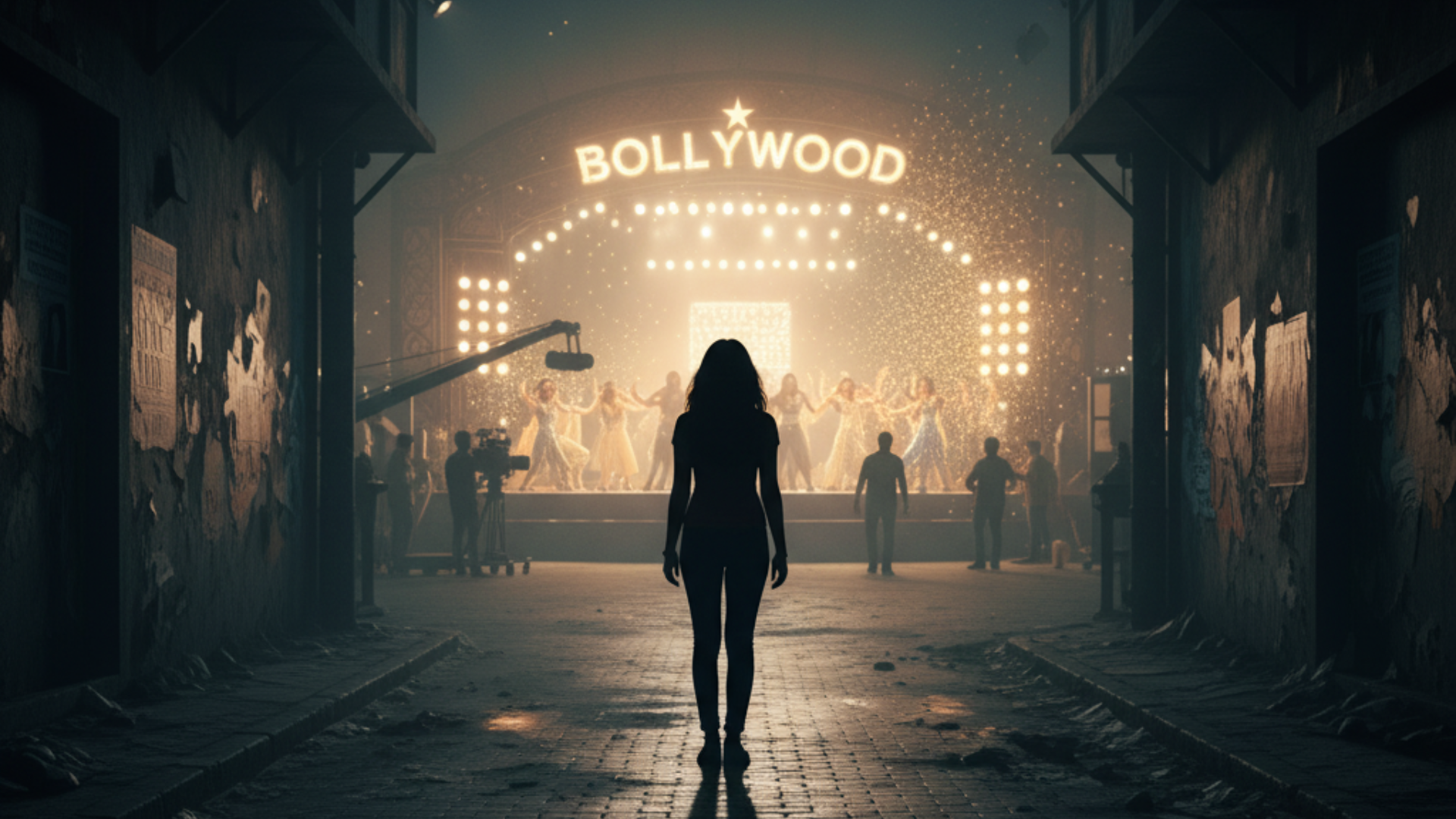
The Anatomy of a Casting Scam: More Than Just a Fake Audition
To protect yourself, you need to understand the traps they set. A casting scam isn’t just a one-off trick; it’s a complex web of deception that exploits your ambition and your trust.
The core of the fraud is simple: use the promise of a role to take your money, your personal data, or worse, compromise your safety. The people behind these scams are masters of disguise, impersonating legitimate industry professionals with alarming precision.
They’ll create convincing fake posters with the logos of huge production houses, such as Dharma Productions or streaming giants like Netflix, making it nearly impossible for aspiring artists to distinguish fact from fiction.
Here are their most common playbooks:
The “Pay-to-Play” Model:
This is the most common form of casting fraud. They’ll demand money for registration, audition fees, or a “mandatory” portfolio shoot with their photographer, often costing anywhere from ₹10,000 to over ₹50,000. Another huge racket is the fake “artist card.” Someone tried to sell one to a friend for ₹25,000 last month—it’s a worthless piece of plastic.
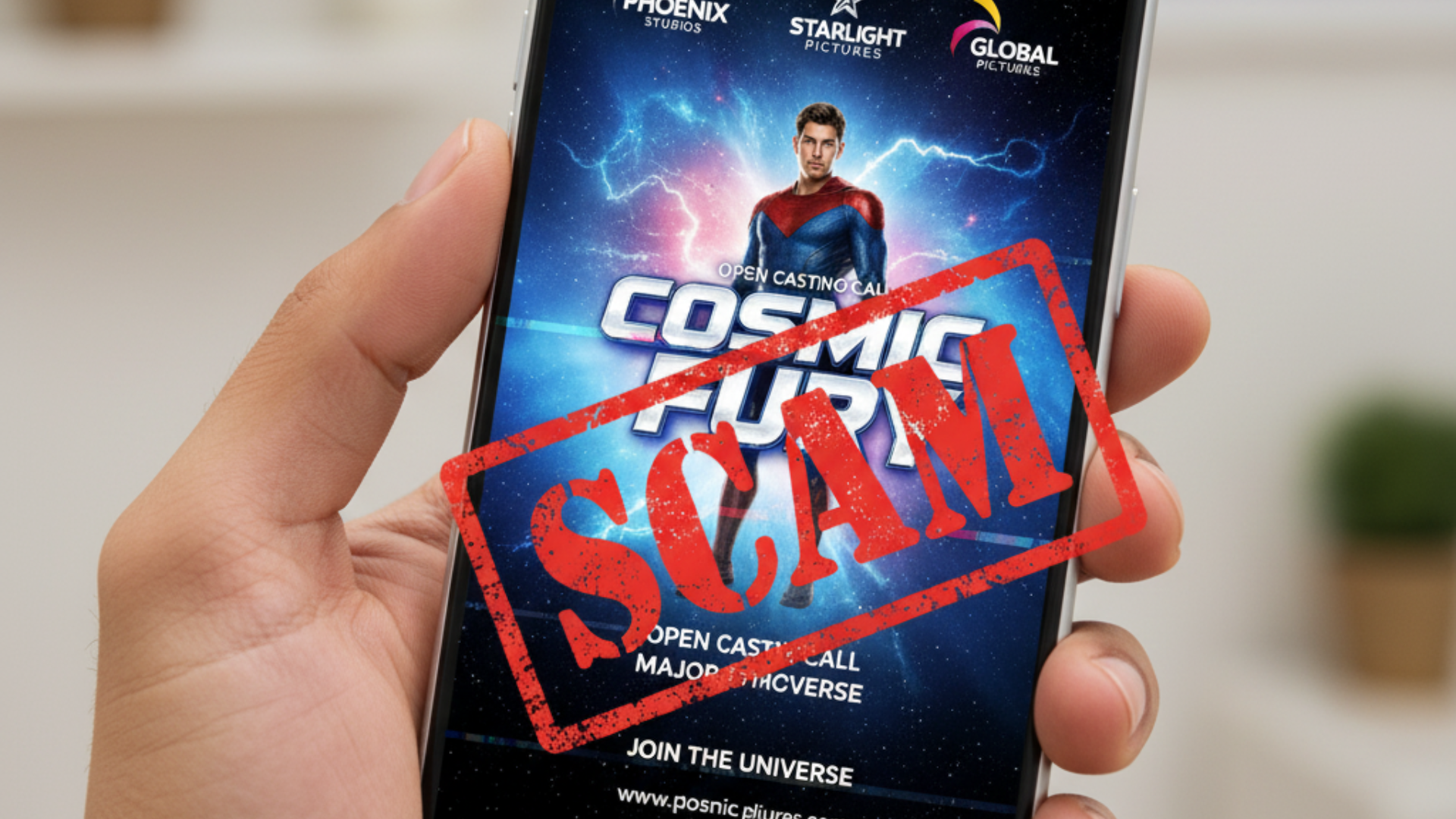
The Impersonators:
These scams use the names of real, respected filmmakers and production companies to gain your trust. They might create a fake email address that looks official or build an entire social media persona around a well-known casting director.
The Data Miners:
Some scams aren’t after your cash right away. They create fake registration forms to get your Aadhaar number, PAN details, and bank info, all for the purpose of identity theft.

The Predators & The “Casting Couch”:
This is the darkest and most dangerous scam. Here, the goal is sexual exploitation. They might ask for inappropriate “bold scenes” for an audition, arrange meetings in unsafe places like hotel rooms, or suggest that landing a role depends on “adjusting” or providing sexual favors—a vile practice known as the casting couch.
The Ultimate Checklist of Red Flags: How to Spot a Scam
Screenshot this. Memorize it. These are the non-negotiable warning signs that could save your career and your safety. While scammers are clever, they almost always leave a trail of clues. Your intuition is your first line of defense, but here are the concrete red flags you absolutely cannot ignore.

Financial Red Flags:
- Any Upfront Payment: This is the number one rule. A legitimate production house or casting professional will NEVER ask you for money to audition or register. They get paid a commission from your earnings *after* you’ve secured a paid job.
- Mandatory Portfolio Shoots: If you’re “shortlisted” but told you *must* shoot a portfolio with their specific photographer to proceed, it’s a scam. Run.
- Offers to Pay You in Advance: This is a trick to get your bank details. No real production pays talent before the work is done.
Communication Red Flags:
- Unprofessional Language: Is their message full of spelling mistakes and bad grammar? A professional company wouldn’t communicate like that.
- Suspicious Contact Details: Beware of generic email addresses (like @gmail.com). And if they *only* want to talk on WhatsApp or social media DMs, be very suspicious.
- Vague Information: If they can’t give you clear details about the project, the director, or the pay, it’s because those details don’t exist.
Logistical Red Flags:
- Inappropriate Meeting Venues: A request to meet in a hotel room, a private home, or some remote, non-office location is an immediate deal-breaker.
- Unprofessional Hours: Anyone insisting on a meeting late at night is not a professional; they’re a predator.
“Too Good to Be True” Red Flags:
- Guaranteed Roles: The industry is tough. Anyone promising you a guaranteed role, especially without a real audition process, is lying.
- Exorbitant Pay: An offer that seems wildly high for a newcomer is bait.
- Casting Without an Audition: Being offered a significant role just from your photo is a huge red flag for impersonation scams.

Identifying Legitimacy: The Green Lights of a Genuine Opportunity
Now for the good news. Real, amazing opportunities *do* exist, and they look nothing like the scams. It’s just as important to recognize the signs of a professional and legitimate casting call. These are the green lights that tell you an opportunity is worth your time and talent.
Hallmarks of Professionalism:
- Official Communication Channels: They contact you from a proper company email (e.g., name@castingcompany.com). You receive a formal call letter or contract on company letterhead.
- Verifiable Credentials: The casting director or agency has a real, verifiable track record. You can easily find their past work on IMDb, their official website, or professional social media pages.
- Physical Office Location: A real company has a real office in a professional business area.

Transparency as a Standard:
- Detailed Project Information: The casting notice is clear and specific. It includes the production house name, the project title, a detailed character breakdown, and the shoot dates.
- No Upfront Costs: It is made crystal clear that you don’t have to pay for anything. Their payment model (a commission from your earnings) is explained transparently.
- Willingness to Answer Questions: A true professional will be open and willing to answer your questions to help you verify their identity and the project’s legitimacy.
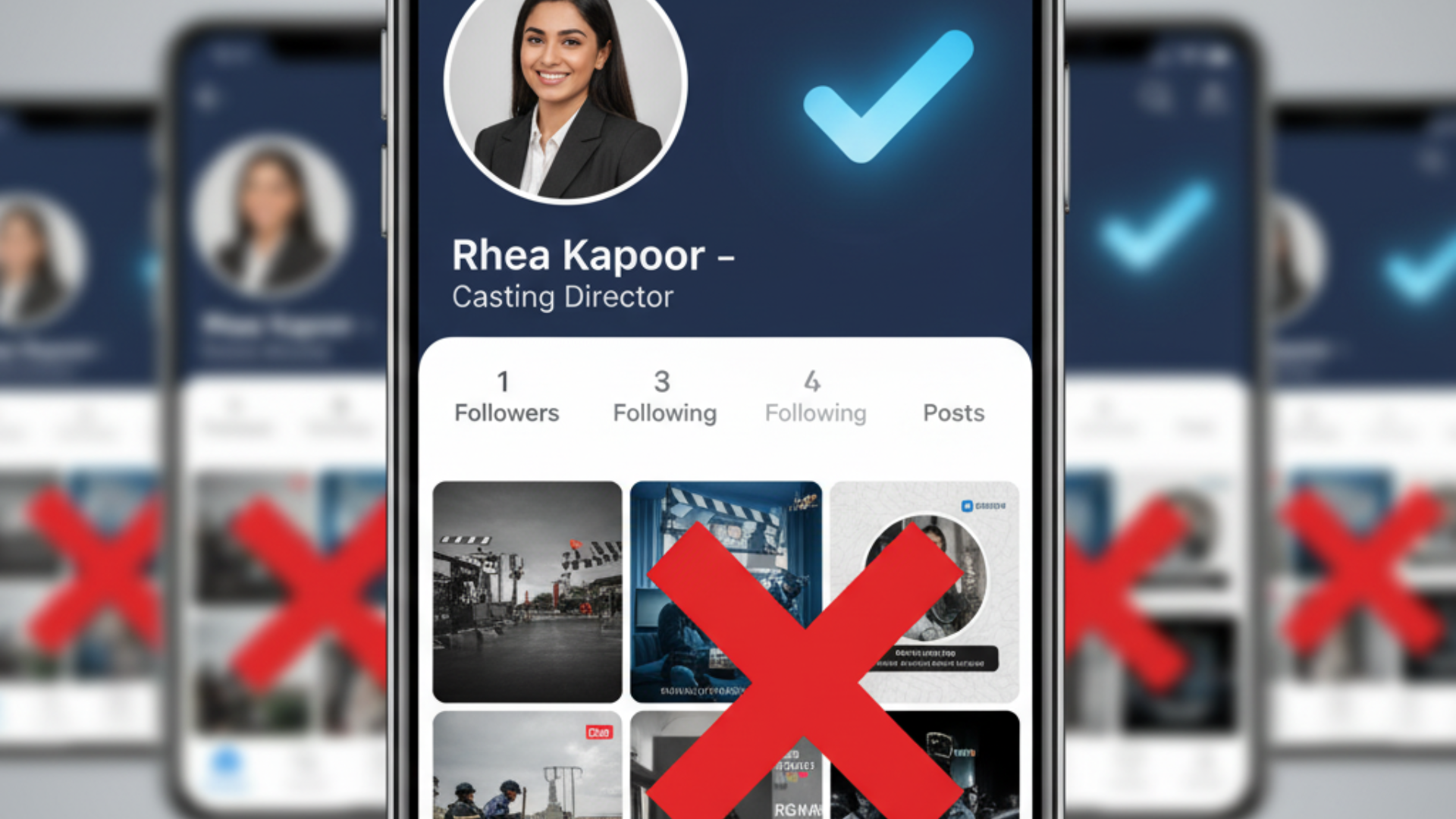
The Digital Double-Edged Sword: Social Media in Casting
Social media, especially Instagram, is where the battle is being fought. It’s the primary hunting ground for both scammers and legitimate casting professionals, and you have to be extremely careful.
Scammers create fake profiles, steal the names of real casting directors, and slide into your DMs. They create slick, convincing fake audition posters that go viral, tricking thousands.
However, the real industry is also present here. Reputable casting directors use their verified accounts to announce genuine opportunities. In fact, major players like Balaji Telefilms now have to constantly use their official channels to issue warnings against specific fake accounts that impersonate them. This means your safety depends on a new skill: not just following for opportunities, but also monitoring for warnings.
The Golden Rule: Always verify an opportunity you see on social media by checking the production company’s official website. If the casting call isn’t listed there, it’s not real.
Proactive Protection: Your Step-by-Step Verification Guide
Don’t be a passive target. It’s time to take control. This is your personal safety protocol for every single opportunity that comes your way.
- Analyze Initial Contact: Scrutinize that first message. Is the email address professional? Is the language clear and correct? Trust your gut.
- Investigate Their Digital Footprint: Go into detective mode. Look for an official website, IMDb credits, and a LinkedIn profile. Search the company’s name with words like “scam” or “complaint.”
- Cross-Verify Everything: Never, ever trust a single source. If the call is for a major production house, go to their official website to confirm. Ask for references from actors they’ve worked with.
- Insist on a Pre-Meeting Video Call: A brief video call can help confirm who you’re talking to. If they refuse, that’s a huge red flag.
- Inform a Trusted Contact: Before any in-person meeting, always tell a friend or family member where you’re going, what time, and who you are meeting. This is non-negotiable.
When the Worst Happens: Reporting Scams and Seeking Help
If this has happened to you, first, know that it is NOT your fault. You are the victim of a crime. It’s crucial to take action, not just for yourself, but to protect other aspiring artists in our community.
- Cease Communication & Document Everything: Stop all contact with the scammer immediately. Take screenshots of every conversation, save all emails, and keep detailed records of any money you sent.
- Report to Industry Bodies: Organizations like the Cine & TV Artistes’ Association (CINTAA) and the Cine TV Artist Welfare Association (CTAWA) have ways to report fraud. CTAWA even runs a public “Bollywood Scam Alert” to warn everyone.
- File a Legal Complaint: These are criminal offenses. Report the incident to the National Cyber Crime Reporting Portal (cybercrime.gov.in) or file an FIR at your local police station. For financial fraud, you can also call the national helpline at 1930.
The journey into the Indian entertainment industry is a marathon, not a sprint. While the path is challenging, it should never be dangerous. By arming yourself with this knowledge, you transform from a vulnerable target into an empowered artist. Understand the scams, recognize the red flags, seek out the green lights, and always trust your instincts.
Your talent is precious—protect it fiercely. At Dazzlerr, we’re committed to building a safer, more transparent industry for artists like you. Our platform is designed to connect you with verified, legitimate opportunities so you can focus on what you do best: your craft. Join our community, build your professional portfolio, and take the next step in your career with confidence. Now go out there and dazzle them.

